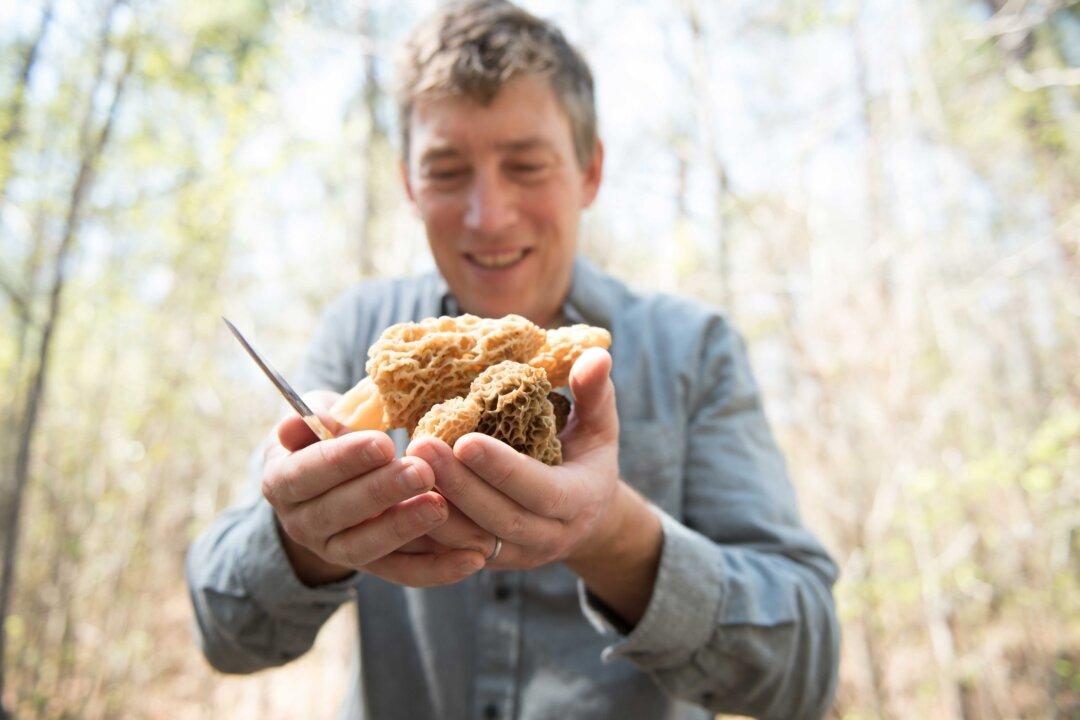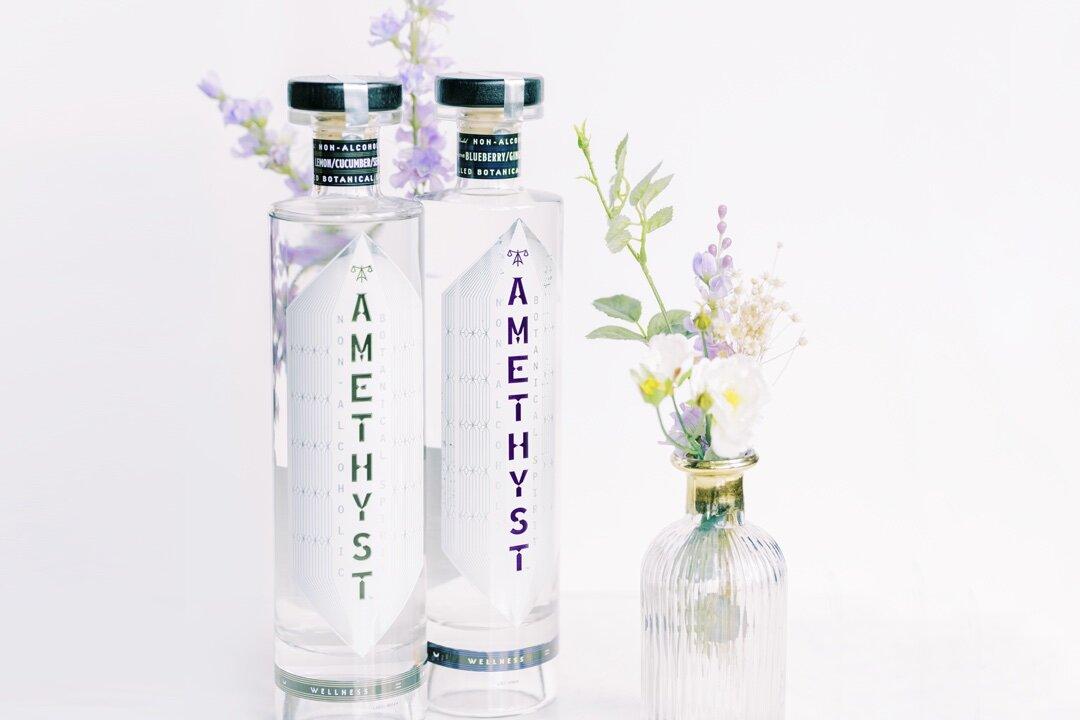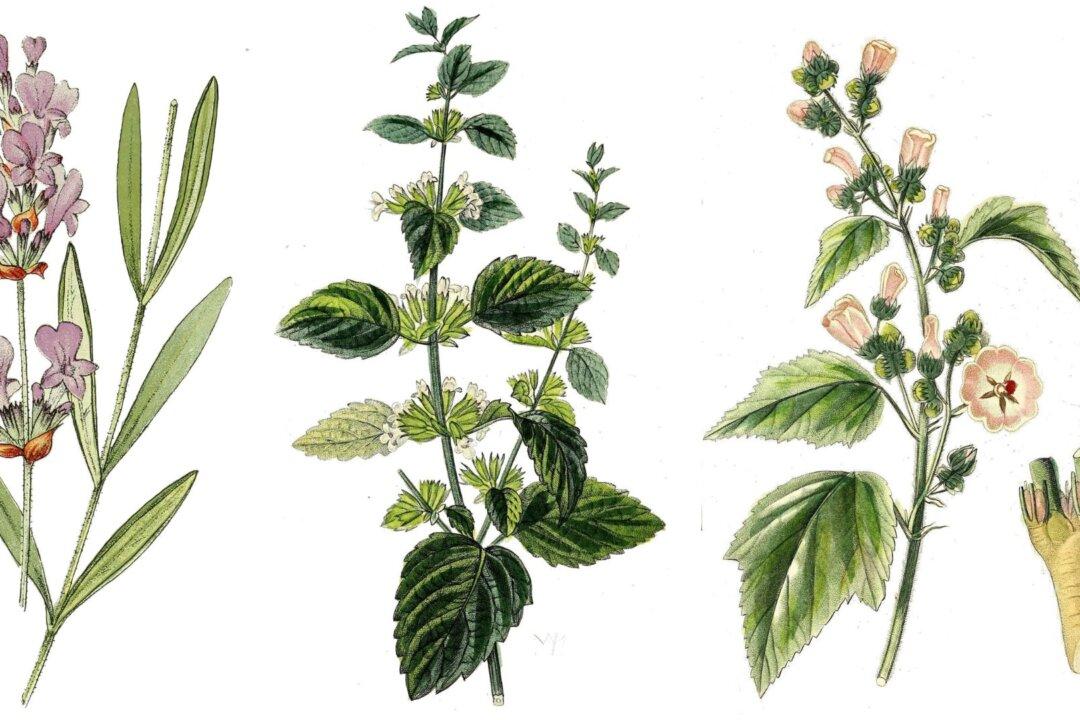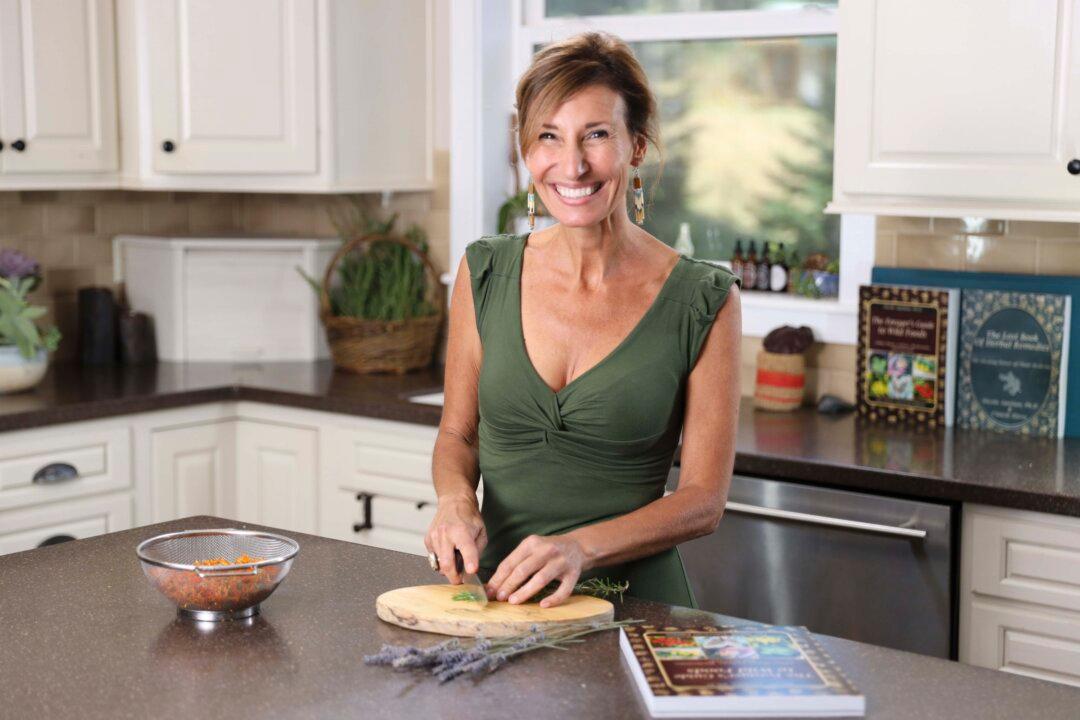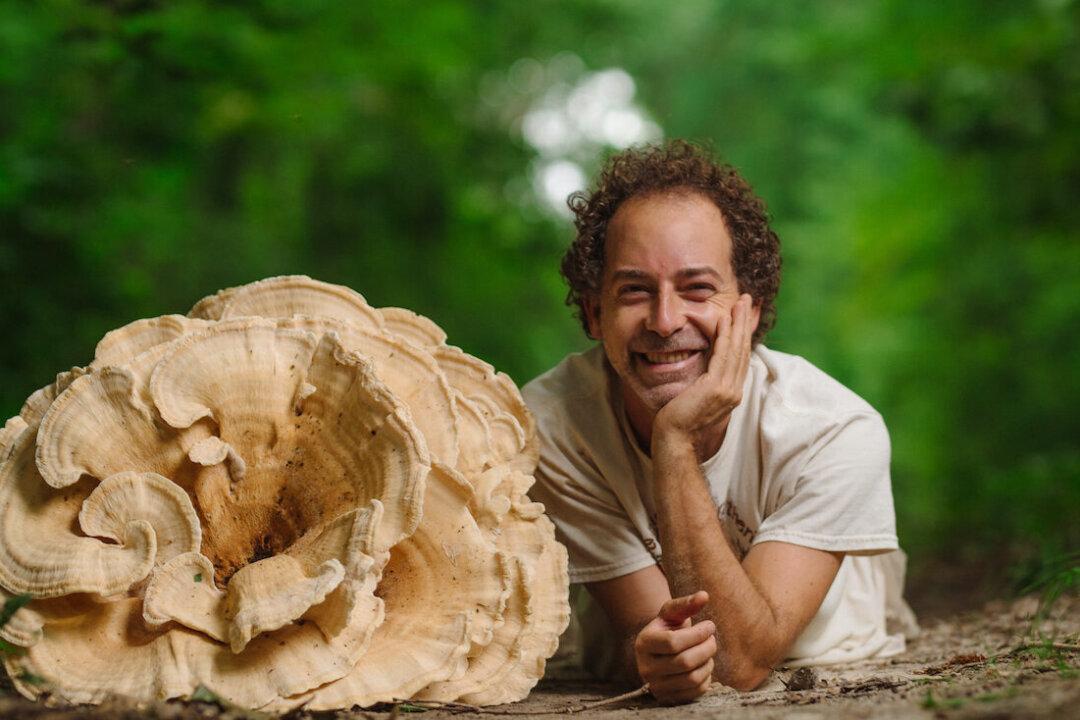Wild foods found me in my mid-20s. I’ve always been a nature buff—a birdwatcher, hiker, and so on—but it wasn’t until I moved to Seattle and fell in with a crowd of outdoorsy folks who liked to eat well that I recognized the specific charms of foraging. I was hanging around with a bunch of hungry grad students who couldn’t afford fancy restaurants but could pull on a second-hand wet suit and go free-diving for a delicacy like Dungeness crabs in Puget Sound. We had epic crab feeds in those days!
I’ve been foraging ever since, now more than 30 years. At first, it was something to do while camping or hiking in the mountains, but as new wild foods landed on my plate, the foraging itself began to take on more importance until it became the focus. I started designing trips with particular wild foods in mind, especially mushrooms.

